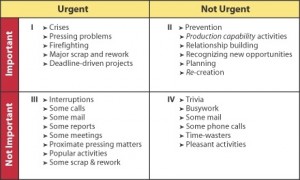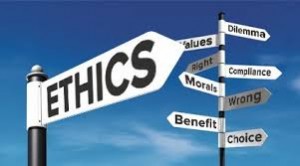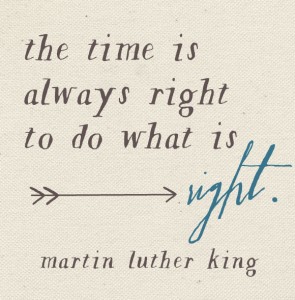Effectiveness and efficiency are key factors to running businesses, doing homework, and just juggling life in general.
One of the required prep readings for Class Four contained the following diagram:
This chart had me quickly analysing my own lifestyle and priorities. Course work, quizzes, assignments, work, family, relationships, social media, and extracurricular activities trickled through my brain as I categorized and rationalized where each activity would belong.
Moreover, I sought to generalize five key components that help me juggle day to day activities:
1. Staying Organized. Investing in a planner was one of the smartest decisions made. By listing out all events, it is easier to prioritize and sort through important and not important activities.
2. Surrounding myself with people who are ambitious and driven. It is extremely beneficial to study with other people who are motivated. Others have much to offer in terms of knowledge and perspective.
3. Embracing flaws. Reflect on mistakes. Learn. Then move on.
4. Making time for people who matter. Relationships add value to life and time should be invested in pursing friendships and family.
5. Enjoying myself in the activities I pursue. Passion is an incredible drive that kills procrastination and makes daunting tasks more approachable.
Ultimately, whether on a professional business level, or a personal level, it is crucial to take into account how time is being managed and which activities are being prioritized.


